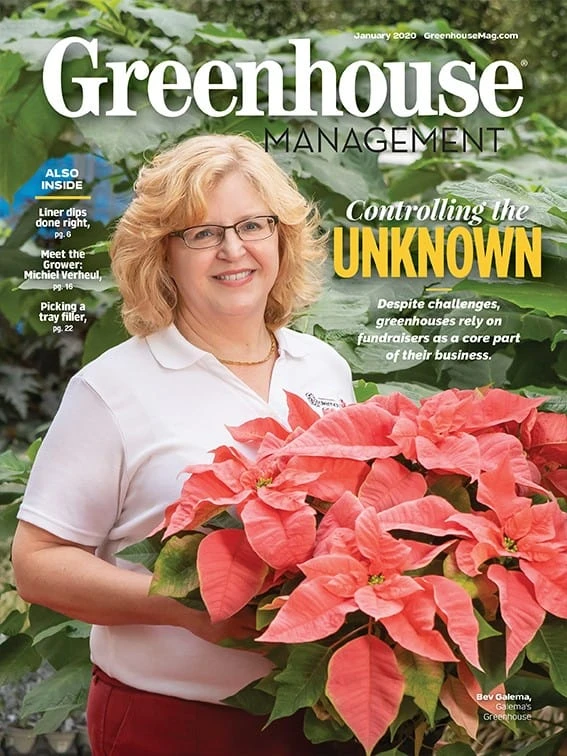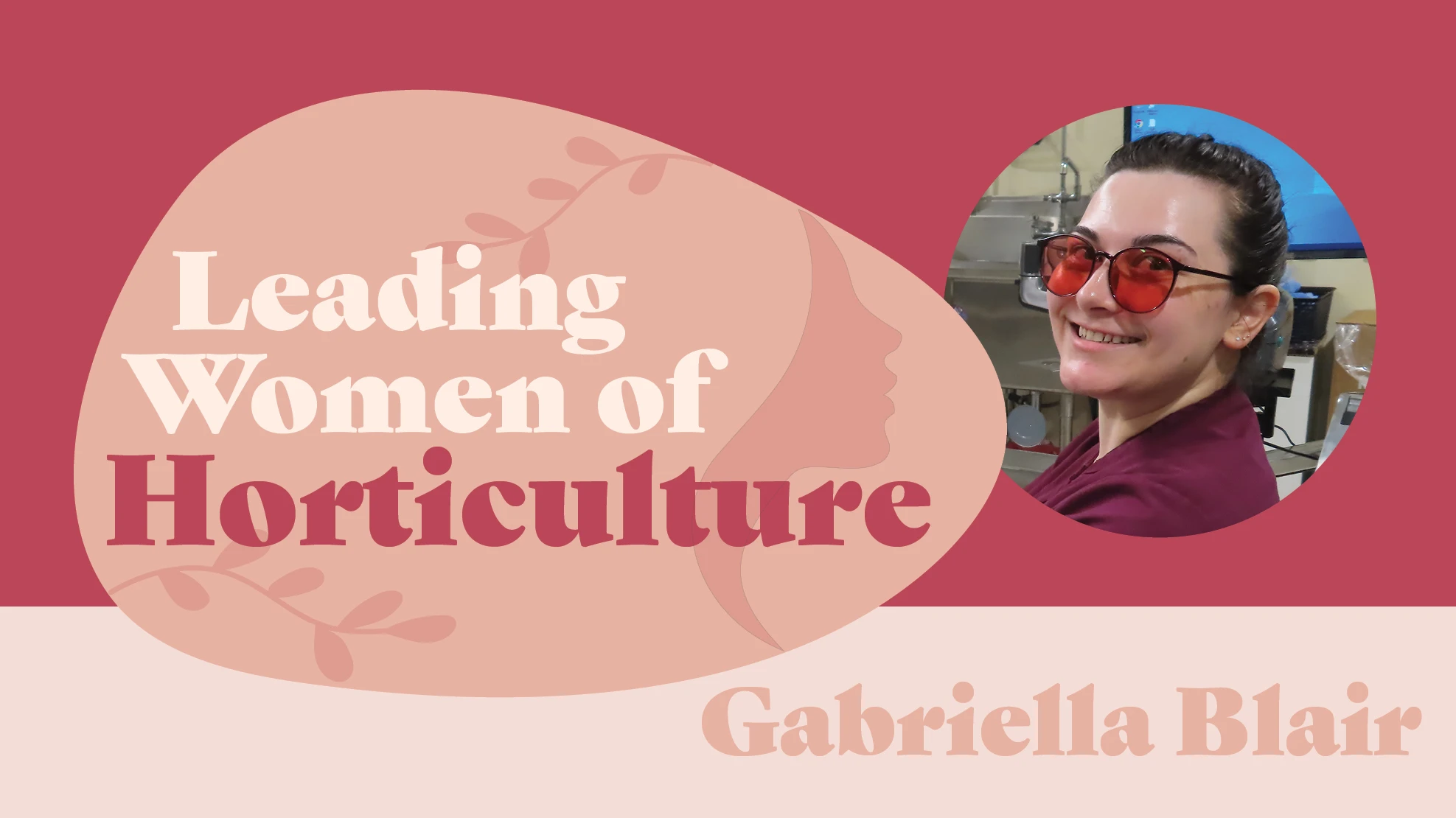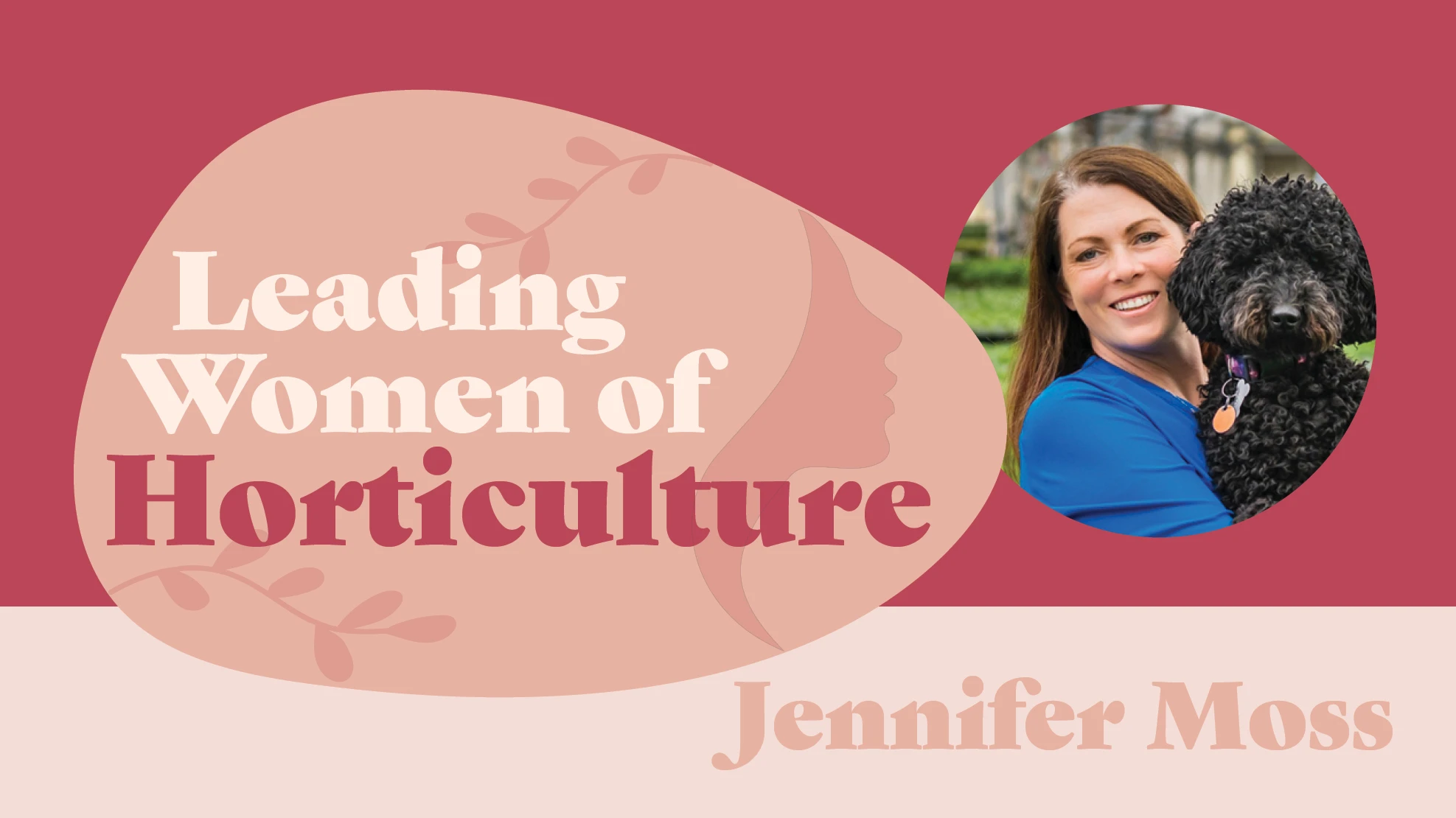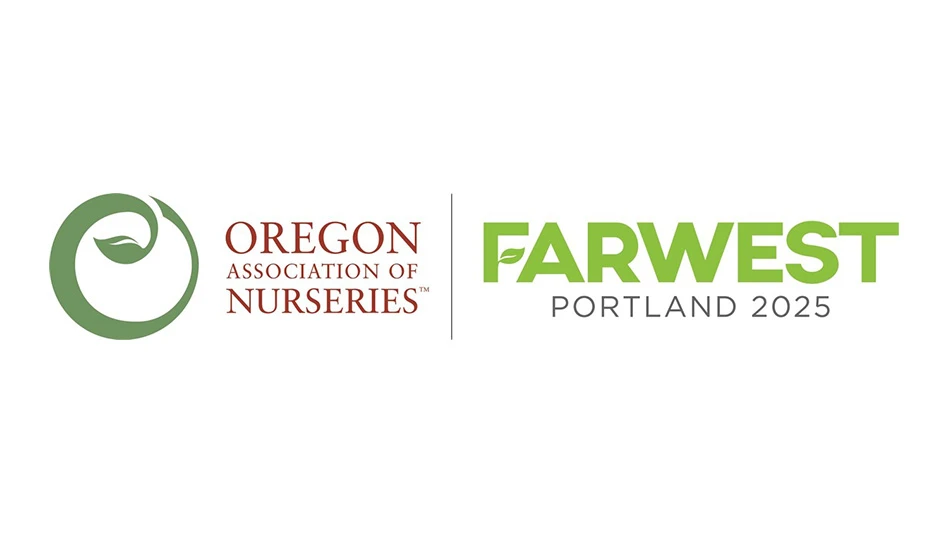

Michiel Verheul admits that he probably wouldn’t make a good tree grower, because he wouldn’t have the patience to wait years for saplings to grow into calipers. When he started High Q Greenhouses in Alberta, Canada, in 1988, he decided to focus on young plants.
“My favorite part is when large volumes of unrooted cuttings come in, and we’re sticking trays and trays of cuttings,” says Verheul, owner and head grower at High Q, which is an authorized “root and sell” grower for Selecta and Dümmen Orange. “They’re a little limp when they first go on the bench, and you water them in and come back an hour later, and they’re all standing straight up. That gives me great joy, seeing the plant’s response to what we’re doing.”
But it’s not just the speed of watching young plants grow that gives Verheul gratification. What he enjoys most about the greenhouse industry is interacting with other growers to share his expertise — whether they’re employees or customers who finish the young plants he grows.
“I love the fact that my customers are other growers, because I like talking to other growers about how they grow crops and finding out how they overcome challenges,” says Verheul, who owns the greenhouse with his wife, Ina. “We’re providing cuttings to growers that they can make even bigger and more beautiful, and seeing what our customers do with our products just blows me away.”
Here’s how Verheul is sharing his horticultural knowledge with other growers throughout the western provinces.

Family roots
A fourth-generation grower, Verheul grew up in the Netherlands, where his family grew vegetables. Naturally, he pursued an education in horticulture. He had the opportunity to work in Canada to gain experience as part of his training, and he liked it so much that he began the immigration process and moved to Canada in 1983 — soon after marrying Ina.
He worked for a wholesale grower for five years, but the goal was always to start their own business. “We were all gung-ho with a business plan, and we went to the bank they just laughed us right out of there,” he says. “So, we took all our savings and rented a facility to start our business.”
The first year, they rented 3,000 square feet of space. After moving to a larger location, they grew to 20,000 square feet within five years. Then in 1992, they finally got a bank loan and purchased their own land where they continued to grow. Now, a combination of gutter-connected and freestanding greenhouses cover a total of 60,000 square feet.

Team training
As High Q Greenhouses expanded, Verheul’s role and responsibilities changed.
“I’ve learned to delegate rather than try to do everything myself,” Verheul says. “As the operation grows, you’re finding your hands are not dirty every day. You have to learn to become a manager rather than a grower.” The businesses employs 17 people during peak season, and dips down to four during the off-season.
Over time, Verheul documented his processes and practices for seeding, watering and, more recently, distributing biocontrols, to give employees a guidebook to follow. “Documentation is important for continuity and continued improvements,” he says — especially when the employee base is so seasonal, and as growing methods and materials continue to evolve.

Customer education
Similarly, Verheul trained his office staff to handle the most frequent questions from customers, so now only about 20% of the more specific or unusual queries trickle down to him. As soon as he notices several customers asking the same thing, “we try to fix it by avoiding the question,” he says, using channels like social media and his annual catalog to educate customers. “Our catalog has gone through an amazing amount of adjustments to mitigate some of the most common questions.”
In the early days, Verheul spent hours on the phone with customers. Now, he produces a weekly email newsletter and posts regularly on Facebook to share updates more efficiently. High Q also launched a new website last year to make ordering even easier.
But those new channels don’t replace face-to-face conversation. When Verheul first started High Q, he personally delivered every order. Obviously, that’s not possible anymore, but now, a lot of customers come to him, instead.
“My customers have access to me,” Verheul says, explaining that 70% of High Q’s products ship to a few major depots throughout the region, while some customers pick up orders themselves. “The 30% of customers who come to the door, we’re able to interact with them personally. That’s what makes us successful is that personal touch. As an independent grower, I’m in touch with my customers so I’m able to educate them directly.”
Leveraging more than 35 years of growing experience, Verheul is happy to share best practices and new ideas with his customers. “If the information we’re giving is helpful to a grower,” he says, “then that’s going to make us more successful.”

Explore the January 2020 Issue
Check out more from this issue and find your next story to read.
Latest from Greenhouse Management
- CEA Alliance celebrates bipartisan introduction of Supporting Innovation in Agriculture Act
- Dümmen Orange North America celebrating 25th anniversary in 2025
- Illinois Landscape Contractors Association changes name to Landscape Illinois
- 2025 Proven Winners Horticulture Scholarship applications now open
- ICL’s Gemini Granular herbicide now registered for use in California
- Eurazeo Planetary Boundaries Fund acquires Bioline AgroSciences
- Spring Meadow Nursery's Freedom Shelley finds joy in plants
- Leading Women of Horticulture: Dana Massey, Plantworks Nursery






